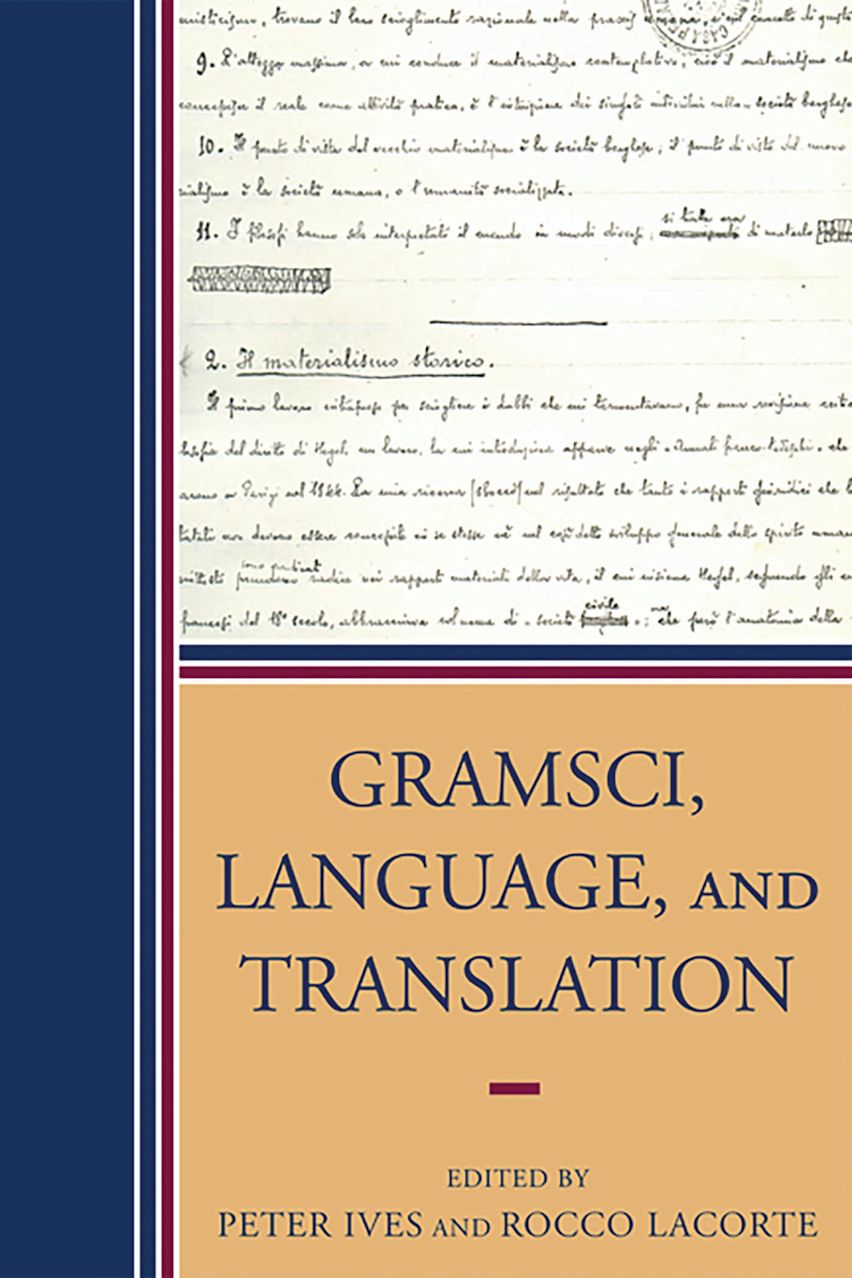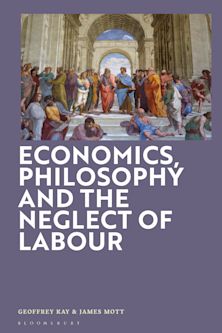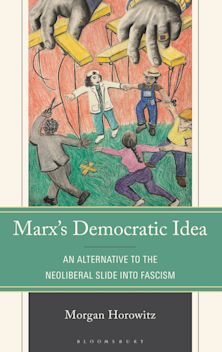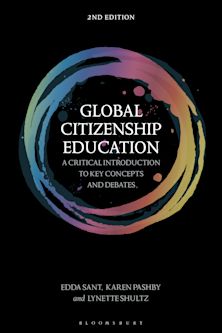Gramsci, Language, and Translation
Gramsci, Language, and Translation
Description
This anthology brings together key articles translated into English for the first time from Italian debates concerning Antonio Gramsci's writings on language and translation as central to his entire social and political thought. It includes recent scholarship by Italian, German and English-speaking scholars providing important contributions to debates concerning culture, language, Marxism, post-Marxism, and identity as well as the many fields in which Gramsci's notion of hegemony has been influential. Given the growing literature on the role of language and so-called 'global English' within process of globalisation or cultural and economic imperialism, this is a timely collection. Franco Lo Piparo is often cited as the key source for how Gramsci's university studies in linguistics is at the core of his entire political theory, and yet none of this work has been translated into English nor have the debates that it spawned. Lo Piparo's specific thesis concerning the 'non-Marxist roots' of Gramsci's originality and the critical responses to it have been almost unknown to non-Italian readers. These debates paved the way for important recent Italian work on the role of the concept of 'translation' in Gramsci's thought. While translation has become a staple metaphor in discussions of multiculturalism, globalization, and the politics of recognition, until now, Gramsci's focus on it has been undeveloped. What is at stake in this literature is more than Gramsci's understanding of language as one of the many themes in his writings, but the core of his central ideas including hegemony, culture, the philosophy of praxis, and Marxism in general. This volume presents the most important arguments of these debates in English in conjunction with the latest research on these central aspects of Gramsci's thought. The essays this volume rectify lacunae concerning language and translation in Gramsci's writings. They open dialogue and connections between Gramscian approaches to the relationships among language, culture, political economy, and historical materialism with other Marxist and non-Marxist thinkers such as Walter Benjamin, Valentin Volosinov, Mikhail Bakhtin, Ludwig Wittgenstein, Jurgen Habermas, Pierre Bourdieu, Michel Foucault, and Jacques Derrida. It provides novel arguments concerning Gramsci's theories and the relationships among power, politics, language, consciousness, and capitalism.
Table of Contents
Part 2 Part I-Gramsci's Linguistics and Gramsci's Marxism
Chapter 3 Chapter 1-The Linguistic Roots of Gramsci's Non-Marxism
Chapter 4 Chapter 2-Linguistics and Marxism in the Thought of Antonio Gramsci
Chapter 5 Chapter 3-Language from Nature to History: More on Gramsci the Linguist
Chapter 6 Chapter 4-Linguistics and the Political Question of Language
Chapter 7 Chapter 5-Gramsci the Linguist
Chapter 8 Chapter 6-Gramsci from One Century to Another
Part 9 Part II-Language, Translation, Politics, and Culture
Chapter 10 Chapter 7-Translation and Translatability
Chapter 11 Chapter 8-Aunt Alene on Her Bicycle: Antonio Gramsci as Translator from German and as Translation Theorist
Chapter 12 Chapter 9-On 'Translatability' in Gramsci's Prison Notebooks
Chapter 13 Chapter 10-Translations and Metaphors in Gramsci
Chapter 14 Chapter 11-Translatability, Language, and Freedom in Gramsci's Prison Notebooks
Part 15 Part III-Politics, Theory, and Method
Chapter 16 Chapter 12-Language and Politics in Gramsci
Chapter 17 Chapter 13-Gramsci's Subversion of the Language of Politics
Chapter 18 Chapter 14-Some Notes on Gramsci the Linguist
Chapter 19 Chapter 15-The Lexicon of Gramsci's Philosophy of Praxis
Chapter 20 Chapter 16-Subalternity and Language: Enabling the Subaltern to Speak
Product details
| Published | 25 May 2010 |
|---|---|
| Format | Ebook (Epub & Mobi) |
| Edition | 1st |
| Extent | 338 |
| ISBN | 9780739147856 |
| Imprint | Lexington Books |
| Series | Cultural Studies/Pedagogy/Activism |
| Publisher | Bloomsbury Publishing |



































